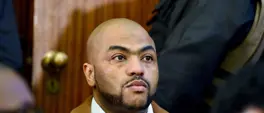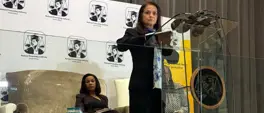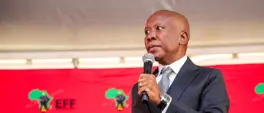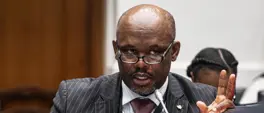Motsoaledi submits new list of nominees for electoral reform panel to Parly
Lindsay Dentlinger
8 May 2024 | 16:22Their job will be to research whether the country’s voting system needs an overhaul.
CAPE TOWN - Home Affairs Minister Aaron Motsoaledi has submitted the names of nine new nominees to Parliament to serve on an electoral reform consultation panel after the May elections.
Their job will be to research whether the country’s voting system needs an overhaul.
There have been calls from some sectors of civil society that have pushed for the inclusion of independent candidates, also for a constituency-based electoral system.
In December, the minister was ordered by Parliament to reopen the call for nominations to serve on the panel because the portfolio committee was unhappy about the lack of gender diversity and some of the nominees proposed.
From an initial list of 12 candidates, this time around, Motsoaledi has presented Parliament with a list of nine names.
Only two of them appeared on the previous list - former IEC chairperson, Pansy Tlakula, and former deputy chief electoral officer, Norman du Plessis.
Both of them left the Electoral Commission under a cloud over an irregular office leasing deal ten years ago.
Along with Tlakula, UNISA lecturer, Mmatsie Mooki, and elections expert, Tomsie Dlamini, make up the representation of women.
In his letter to Parliament, Motsoaledi said that the recommended list followed consultations with the IEC.
It includes at least two IEC officials, chief electoral officer, Sy Mamabolo, and Western Cape elections head, Michael Hendrickse.
There had previously been a debate in the home affairs committee on whether it was acceptable to include electoral officers. The previous list did not include any IEC officials.
Former PAC MP, Richard Sizani, former eThekwini municipal manager, Michael Sutcliffe, and elections academic, Albertus Schoeman, complete the nominees' list.
Once endorsed by Parliament, the panel will have one year from the date of this year’s elections to complete their work.
Get the whole picture 💡
Take a look at the topic timeline for all related articles.















